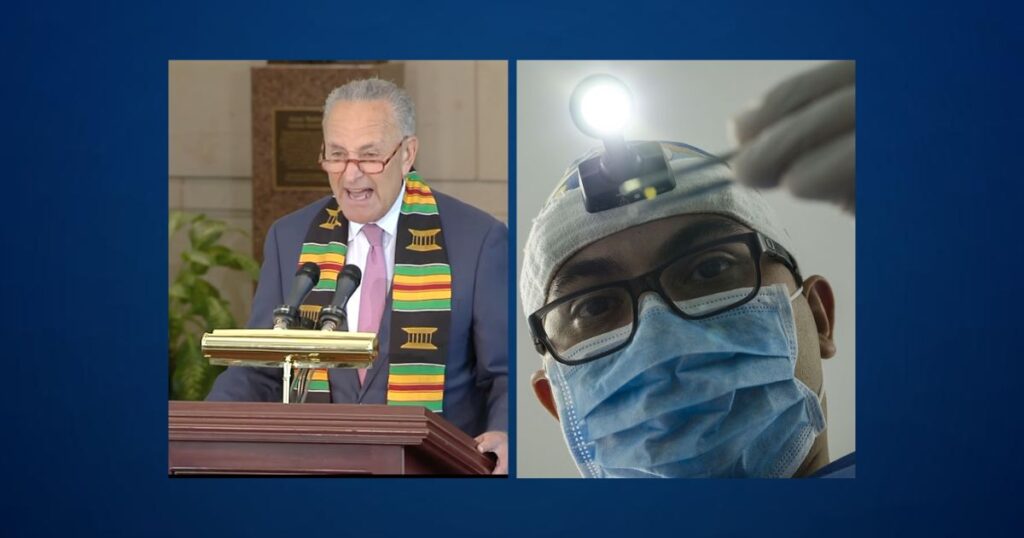Edge Communications, a leading Miami-based public relations company, has released a new poll highlighting a clear message from residents of Miami-Dade County. When it comes to water quality and public health, voters overwhelmingly trust dentists, not politicians, to guide policy.
Online votes for 1,049 Miami-Dade voters reveal that residents support ongoing current water treatment practices, including the addition of fluoride, with a margin of nearly 20 points. The strength is particularly strong among supporters, with “strong support” almost double the “strong opposition” and affirming deep public confidence in long-standing public health strategies.
“When you ask a very simple question, do they support or oppose the addition of fluoride to drinking water? Residents overwhelmingly support current standards of water quality treatment and public health strategies,” he said, citing the results of the voting memo. “This isn’t about politics, it’s about protecting the family and standing in science and public health.”
Important findings from the poll:
Miami-Dade residents trust dentists more than politicians when it comes to decisions about water quality and public health.
Support for current fluoride standards is strong and has an almost 20 points advantage in favour of continuing proven public health practices.
The issue of water was popular with Florida voters in 2024.
Lake County voters helped raise property taxes to improve water quality and protect wildlife habitat.
Clay County residents have allowed the county to sell bonds for better water quality. Osceola County voters gave a thumbs up to support a more money land conservation program, while Martin County residents voted in favor of raising 50 cents in sales tax over the next decade and raising $183 million for water projects.
The survey by Edge Communications included a representative sample of Miami-Dade voters. It included 35% of Democrats, 35% Republicans and 30% of party alliances. Gender involves a diverse, evenly divided racial and ethnic expression, including 68% Hispanics, 20% white, black and Caribbean 8% and others 4%.


